After a strong start, with prices at unprecedented levels, the latter part of the Spanish orange campaign "has been poor, and its ending is being even worse," says Víctor Fuster, from Germans Fuster. "Due to the problems at the Red Sea, Egypt has been unable to ship its goods through the Suez Canal, leading many oranges that were not originally intended for Europe to head this way, severely harming the prices of Spanish fruit."
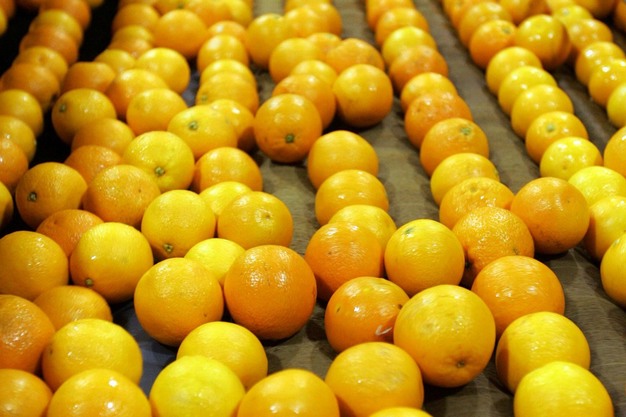
Data on the European Union's imports confirms this. In January, at the start of the second part of the Spanish campaign, imports from Egypt more than doubled compared to the same month last year, reaching the highest volume ever recorded for that month; a trend that continued in October.
"We traders believe in market freedom, but, just like producers, we demand that all products entering the EU do so under the same conditions required of us here. We understand that requiring similar labor conditions is very difficult, but mirror clauses are needed when it comes to phytosanitary standards," said Víctor.
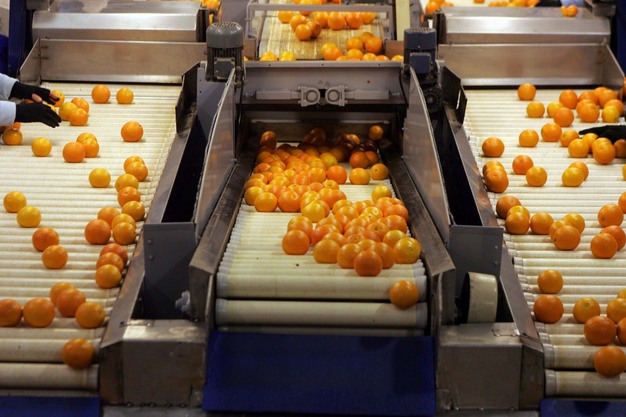
"Restrictions on the use of certain active substances is not necessarily a bad thing, but failing to demand the same of imports is hypocritical of the EU. This should not be seen as an obstacle to importation, but as a logical requirement that would be positive for those countries and their inhabitants."
"Any substance banned in Europe because it is harmful to the environment or to people will be equally harmful in the rest of the world, so in that regard, Europe, which aims to impose greener policies, could champion this change, not only within its territory, but globally. Imposing phytosanitary requirements on imported products could be the starting point."
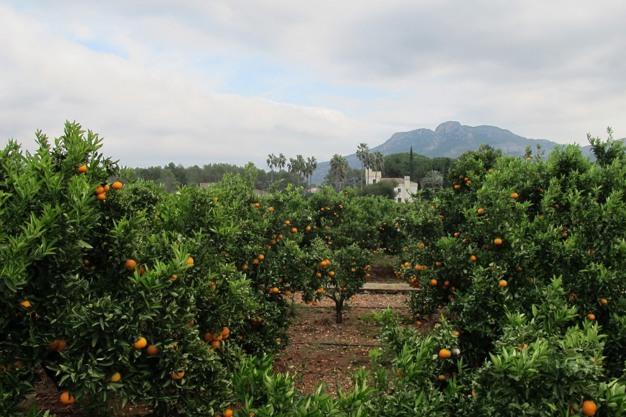
"We have an orange that does not face the same international competition as regular oranges"
During the campaign, Germans Fuster exclusively markets domestically sourced fruit, as it is committed to promoting the national production, and is consequently working with the PGI Cítricos Valencianos. "Having this seal is very important to us. Spanish consumers immediately recognize the origin of these oranges, and European consumers acknowledge it as a European region. Thus, when sanitary alerts affecting citrus from other countries are reported, our seal guarantees that the fruit meets all guarantees."
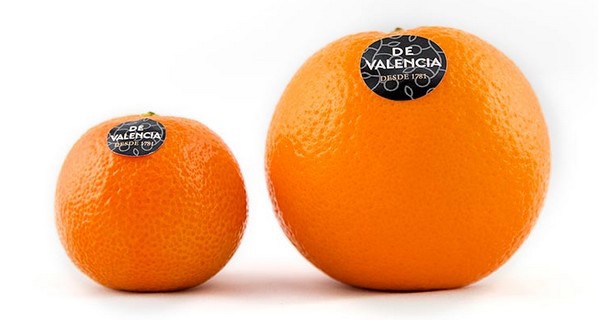
The Valencian company works with the entire range of citrus fruits, including the pigmented Cara Cara variety, which belongs in the orange segment. "We believe that all varieties of pigmented oranges have a very promising future, but that potential has yet to be untapped. We start every year with high expectations, but there is such a large volume of non-pigmented oranges that the season never goes quite as we hoped for."
"In fact, it seems that Spain has so far been unable to promote the unique qualities of pigmented oranges, which would allow consumers to see them as a differentiated product within the orange segment. We have the example of juice. In Italy, orange juice is red, but in Spain, it is inconceivable for it not to be orange," says Víctor.
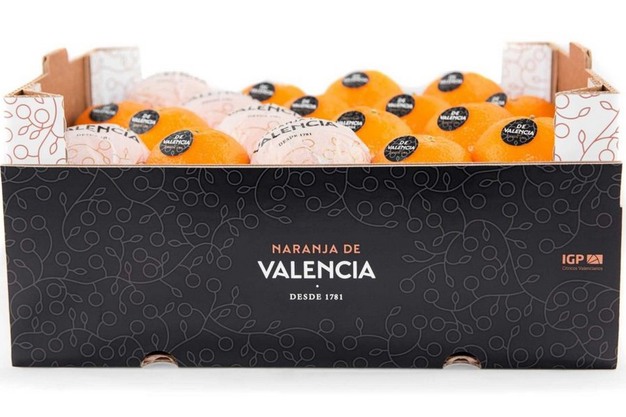
"We have a visually stunning product, with a great taste and a high amount of antioxidants, and we must ensure that consumers perceive it as not just another orange. We have the capacity to offer a certified origin, as well as the service, the experience and the quality that Spanish citrus has always delivered. Besides, pigmented orange does not face the same international competition as regular oranges," says Víctor. "There is still a long road ahead of us, and we must take it, because it is undeniable that pigmented oranges have a great future."
 For more information:
For more information:
Germans Fuster
Ctra. Nou Accés platja, 9
46710 Daimús, València, Spain
Tel.: +34 962 802 259
www.germansfuster.com
